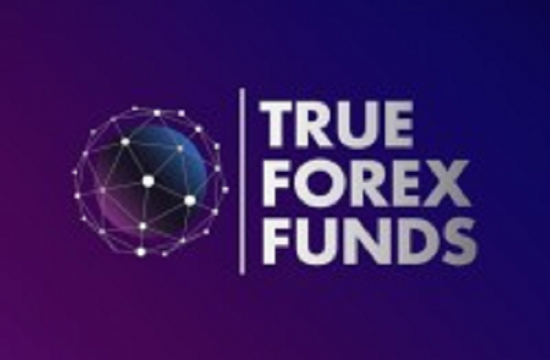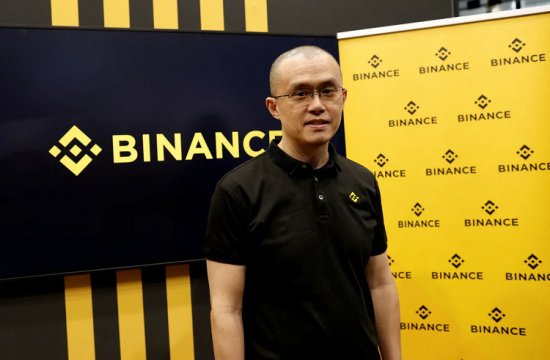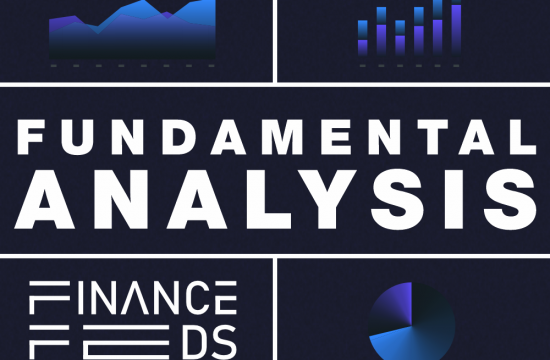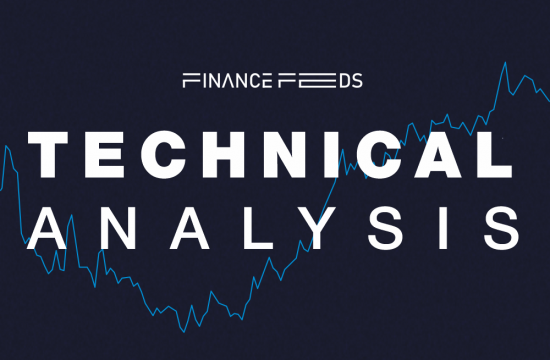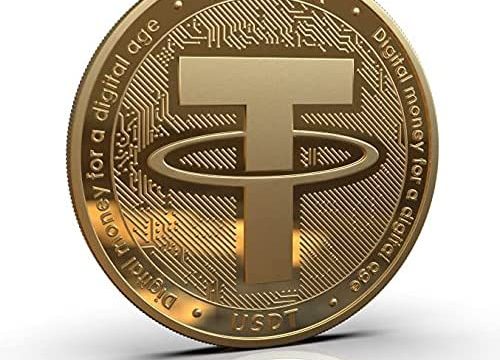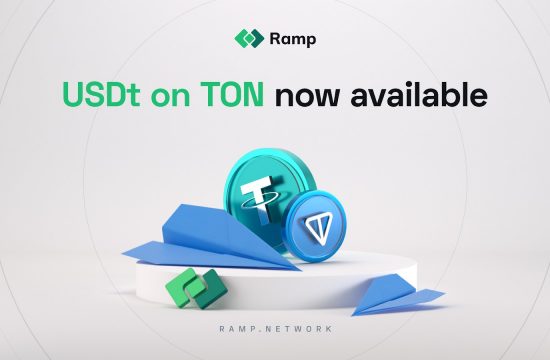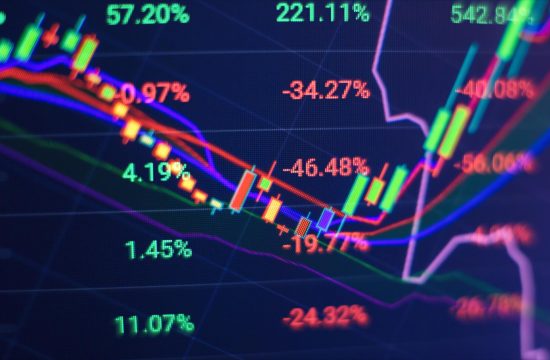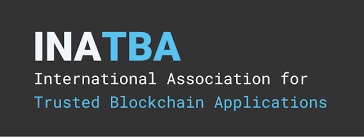
The newly floated international blockchain alliance called, International Association for Trusted Blockchain Applications (INATBA) that promotes the development of a global framework and adoption of DLT, has signed up more than 100 organizations spread across the different sector.
The signees include financial giants like Barclays, BBVA, Deutsche Boerse and SWIFT, IT-giant Accenture are among the top 100 organizations to have joined the alliance. Beside traditional organizations, blockchain start-ups such as Ripple, IOTA and ConsenSys have also committed itself to the alliance to develop a predictable, transparent and trust-based global framework.
Based in Brussels, INATBA is an outcome of a series of forums held by the European Commission to create a strategic direction around the emerging technology. The primary objective of INATBA is to work towards facilitating the development and adoption of interoperability guidelines and standards of the blockchain, promoting transparency and conduct dialogues between policymakers, regulators, corporations, start-ups and all other stakeholders.
Carlos Kuchkovsky, CTO, new digital business, BBVA, says:
“BBVA joins INATBA with the conviction that it is essential to foment collaboration among corporations, SMEs, startups, public institutions and regulators in order to create global standards that ensure interoperability among platforms and a clearer legal framework that encourages the adoption of distributed ledger technology and blockchain, so that everyone in the society can take advantage of its benefits.”
Dominik Schiener, co-founder and co-chair of IOTA Foundation, also one of the founding members said:
“Developing a regulatory framework around distributed ledger and blockchain technologies is essential to their widespread adoption and growth.”
“We have established our own Public Regulatory Affairs team to lead this effort and are excited to be one of the founding members of INATBA. The strength and size of this association, as well as the support of the European Commission and other governments, only further shows the limitless future potential for distributed ledger technologies.”



